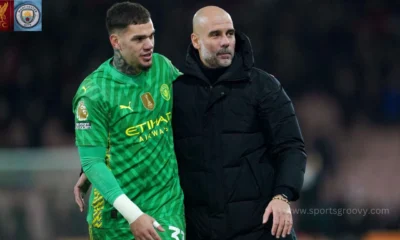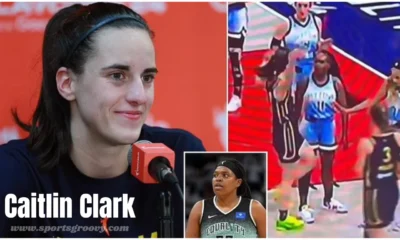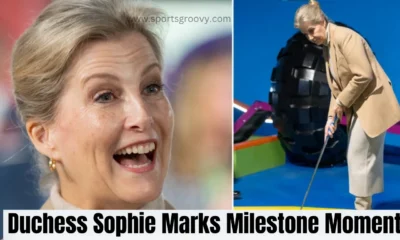Celebrity
Dutch Eurovision Disqualifies Joost Klein Due to Female Complaint
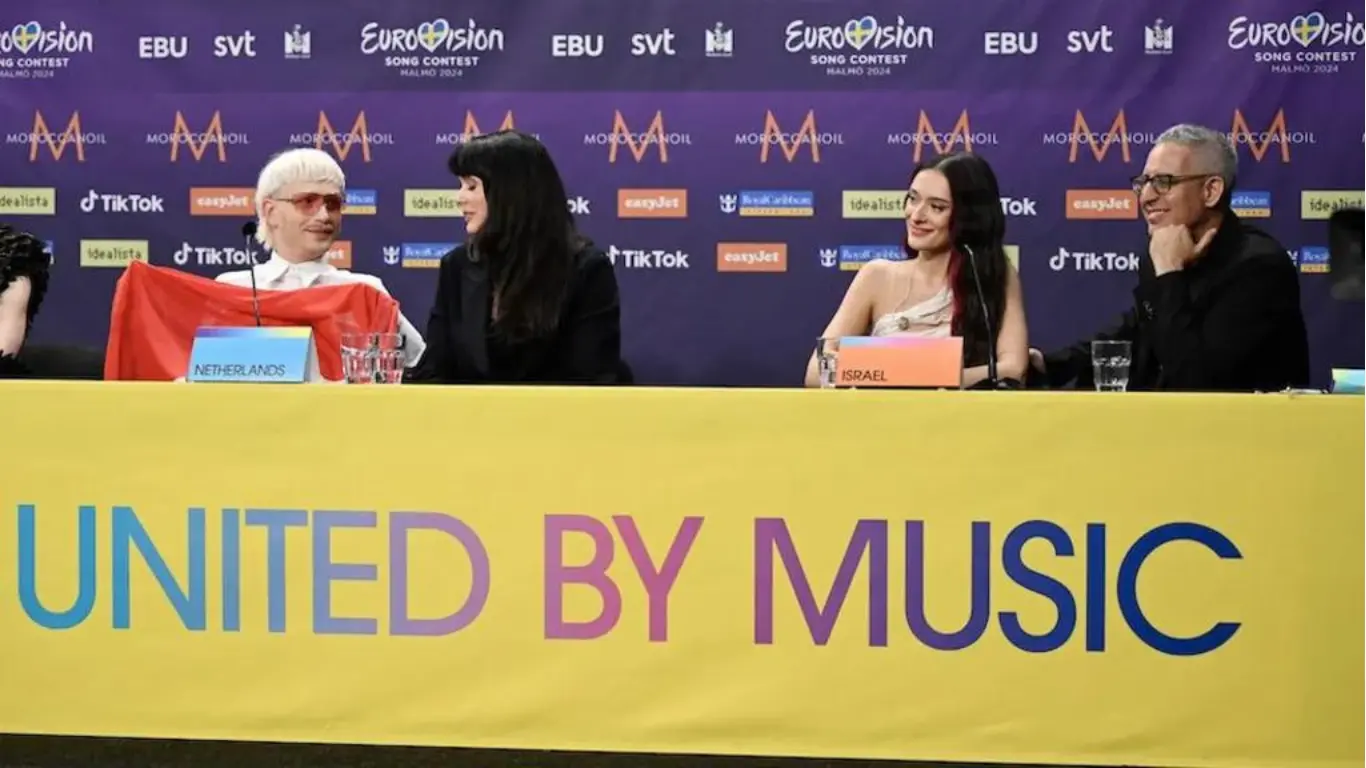
The Dutch contestant for the Eurovision Song Contest, Joost Klein, got disqualified from the big final on Saturday night. This happened because a female crew member complained about something that happened backstage. The police in Sweden are looking into this complaint. It all happened just hours before the final show on Saturday.
The European Broadcasting Union, which organizes the Eurovision Song Contest, mentioned that Swedish police are looking into a complaint.
This complaint came from a female member of the production crew. They said it wouldn’t be right for Klein to take part in the contest while the police investigation is happening.
Klein didn’t show up for two practice performances on Friday. The contest organizer mentioned there was an “incident” they were looking into.
Even though there were rumors suggesting the incident involved Israel’s team. The organizers clarified that it didn’t involve any other performers or members of the delegation from Israel.
The Dutch broadcaster AVROTOS, which is part of the group of public broadcasters that support and air the contest. Which expressed its reaction to the disqualification. They stated that they believe the disqualification is too severe, and they were surprised and upset by the decision.
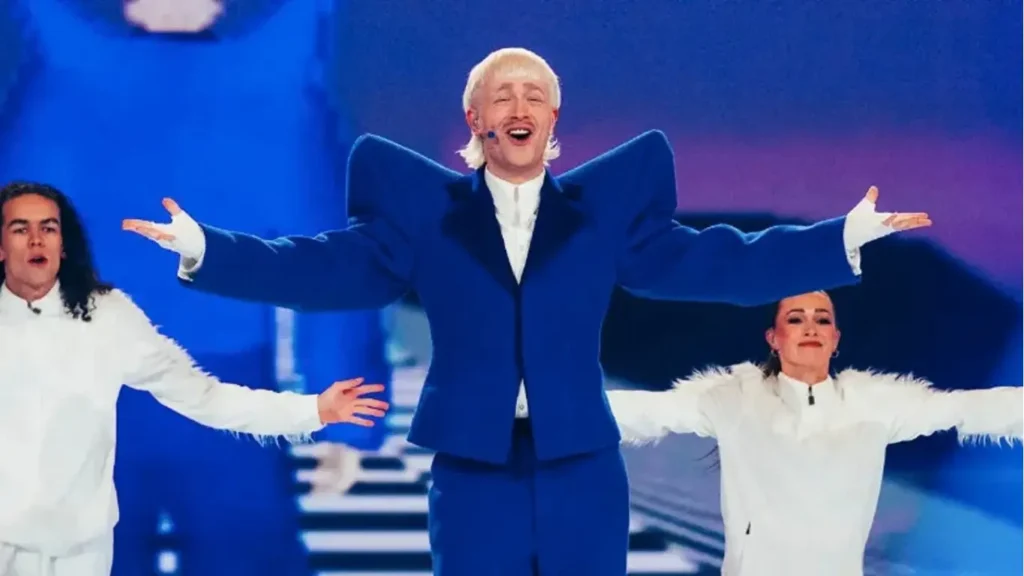
AVROTOS, in a statement, expressed deep regret over the situation and mentioned that they would address it further at a later time.
Despite the contest’s theme of “united by music,” this year’s event has been particularly divisive.
As the pop music showdown among nations draws to a close in the Swedish city of Malmo. Israel finds itself embroiled in a political controversy. The competition, which typically sees countries vying for pop music supremacy, has taken on added significance.
Large demonstrations supporting Palestine have erupted, with protesters advocating for Israel’s exclusion from the event. Due to its actions during the conflict in the Gaza Strip.
In Sweden’s third-largest city, where a significant Muslim population resides. Thousands are anticipated to participate in a second march of the week. Their aim is to call for both a boycott of Israel. A cessation of hostilities in the ongoing seven-month war.
Meanwhile, across the border in Finland. Approximately 40 protesters took direct action by storming the headquarters of public broadcaster YLE on Saturday morning. Their demand was clear, they insisted that YLE withdraw from involvement in the song contest due to Israel’s participation.
A few miles away from central Malmo, specifically at the Malmo Arena, the stage is set for the climax of the Eurovision Song Contest. Out of the original 37 entrants, 25 acts have made it through two semi final rounds to reach this point.
Each act is scheduled to perform a three minute song. Which captivating a live audience numbering in the thousands and an estimated global viewership of around 180 million people.
As the Eurovision Song Contest approaches its finale, the atmosphere is both chaotic and captivating. Which reflecting the event’s unique blend of adoration and criticism. Known for its flamboyant and sometimes over-the-top style. This year’s contest features a diverse array of performances, ranging from heartfelt to eccentric.
One standout act is Finland’s Windows95man, whose performance evokes 1990s nostalgia with a touch of absurdity. Emerging from a giant onstage egg and sporting minimal attire, Windows95man’s act embodies a playful and quirky vibe.
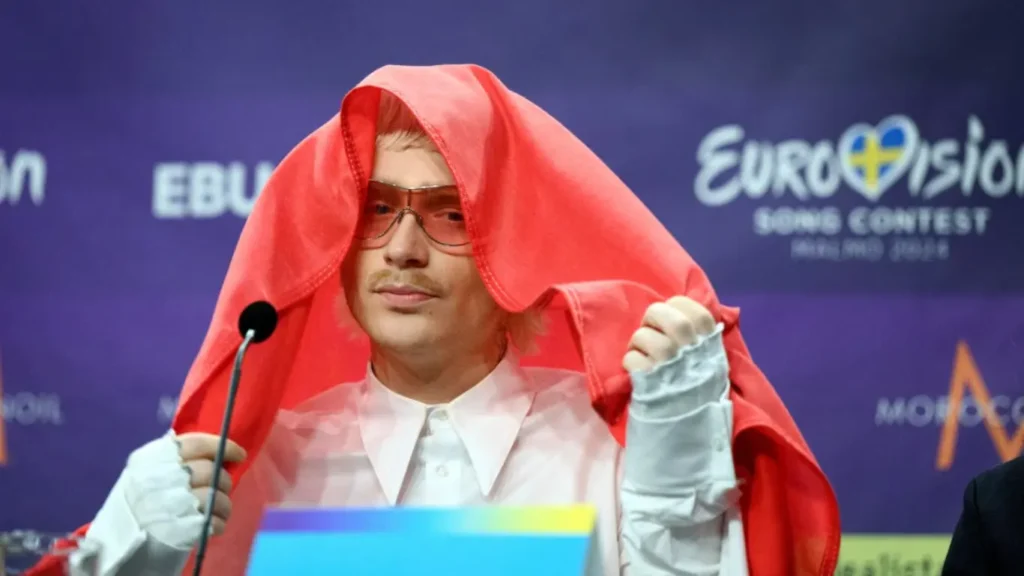
Meanwhile, Ireland’s Bambie Thug takes the stage with a theatrical display, summoning witchy spirits. even enlisting the help of a “scream coach” to perfect their performance in Malmo.
In a bold move, Spain’s Nebulossa confronts societal norms by reclaiming a term historically used as a derogatory slur against women. With their song “Zorra,” Nebulossa challenges stereotypes and celebrates empowerment in a daring and unconventional manner.
Among the frontrunners in this year’s Eurovision Song Contest are Swiss singer Nemo and Croatia’s Baby Lasagna. Nemo’s operatic performance of “The Code” has captured attention, not only for its powerful vocals. But also because Nemo identifies as nonbinary. If Nemo’s song secures the top spot in the voting. They would make history as the first nonbinary winner of Eurovision.
On the other hand, Croatia’s Baby Lasagna brings a different energy to the competition with his upbeat rock anthem, “Rim Tim Tagi Dim.” The song addresses a pressing issue faced by Croatia: the emigration of young Croatians in search of better opportunities abroad. With its energetic rhythm and poignant lyrics, Baby Lasagna’s performance resonates with audiences and highlights the challenges confronting Croatia’s youth.
Dean Vuletic, a scholar well-versed in the history of the Eurovision Song Contest, highlighted an often overlooked aspect of the competition. Despite its reputation for showcasing catchy and light hearted pop tunes. Eurovision frequently delves into deeper themes surrounding politics and society. Issues such as feminism, European unity, and gender identity have all found their way into Eurovision performances over the years.
Vuletic’s observation sheds light on the contest’s ability to serve as a platform for artists to address significant political and social issues amidst the glitz and glamour of the event.
Dean Vuletic, an authority on the Eurovision Song Contest, noted that certain songs stand out due to their thematic depth, particularly those favored by betting agencies. However, sometimes songs encounter issues with the contest’s rule against overtly political messages.
For instance, Eurovision organizers instructed Israel to alter the original title of its entry, “October Rain.” The title was perceived as a direct reference to the October 7th Hamas attack, which resulted in the deaths of approximately 1,200 Israelis and sparked the Gaza conflict.
Israeli singer Eden Golan has seen a significant rise in her chances of winning since delivering a powerful rendition of her ballad, now titled “Hurricane,” during Thursday’s semifinal. Despite facing some booing during dress rehearsals, Golan secured her place in the final thanks to the votes of viewers worldwide.
Israeli Prime Minister Benjamin Netanyahu commended the 20-year-old singer for her resilience in the face of adversity, stating that she had performed admirably despite encountering what he described as “an ugly wave of anti-Semitism.”
Protesters are voicing their opposition to Israel’s participation in the Eurovision Song Contest, citing the ongoing conflict that has resulted in the deaths of nearly 35,000 Palestinians.
Local resident Lorenzo Mayr, who participated in a demonstration on Thursday, expressed his belief that Israel should not be involved in the event due to what he views as their involvement in crimes against humanity.
The musicians competing in Eurovision are facing immense pressure, bombarded with messages and facing abuse on social media platforms. However, due to contest rules, they are unable to openly address these issues.
In a notable act of defiance, Italy’s contestant, Angelina Mango, made a statement on Friday by entering the Eurovision media center. Surrounded by dozens of journalists, Mango performed John Lennon’s iconic song “Imagine.” This impromptu performance served as a powerful expression of solidarity and hope amidst the challenges and tensions surrounding the competition.
Swedish singer Loreen, who clinched victory at Eurovision last year and remains one of only two performers to have won the contest twice, is urging people not to overlook the inclusive and affectionate atmosphere that defines Eurovision.
In an interview with The Associated Press, Loreen acknowledged the challenging circumstances unfolding worldwide. She emphasized that current events are causing distress and affecting everyone.
However, Loreen questioned whether responding to negativity with more negativity is the solution. She stressed that according to scientific understanding, love is the most effective remedy for healing trauma.
Loreen’s message underscores the importance of embracing the spirit of unity and compassion embodied by Eurovision, particularly during times of adversity and turmoil.
-
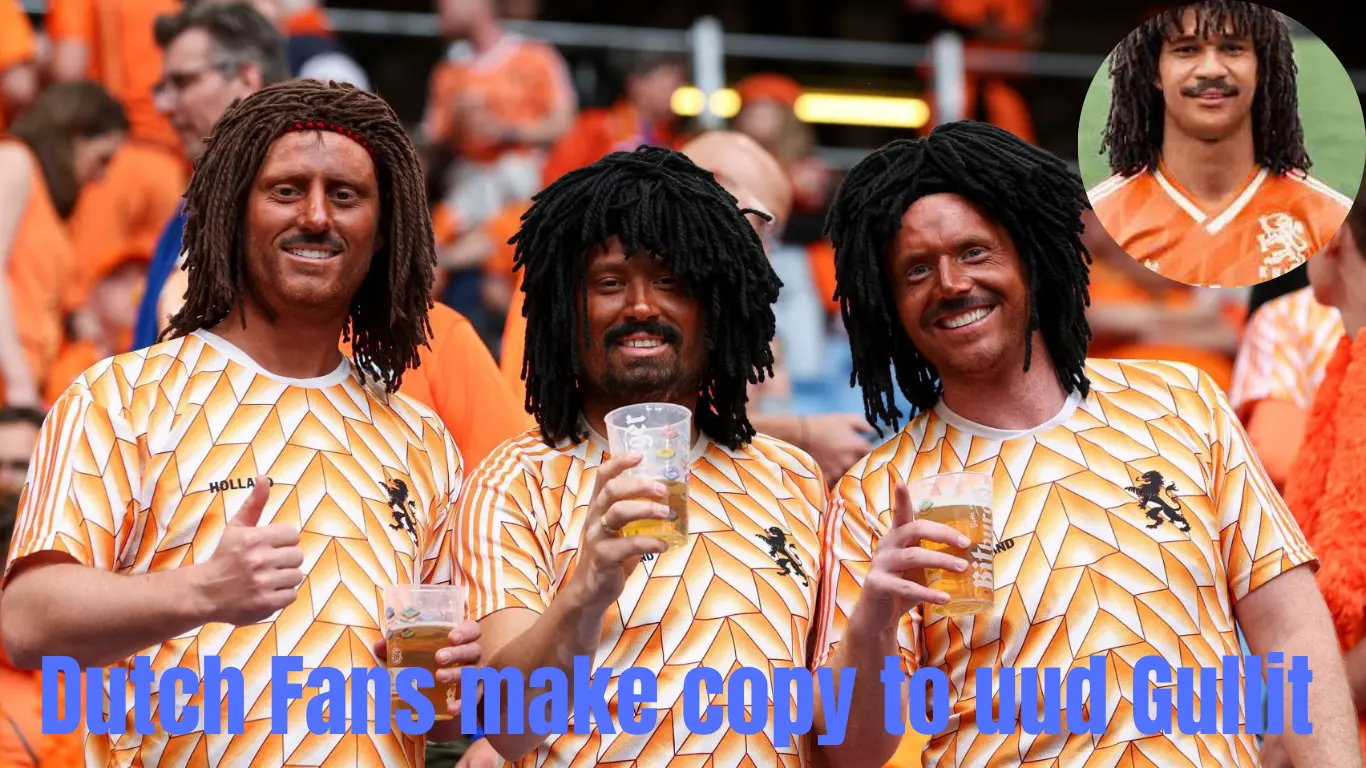
 Soccer6 months ago
Soccer6 months agoDutch Fans in Blackface to Imitate Ruud Gullit, One Agrees to Stop
-

 Soccer6 months ago
Soccer6 months agoEx Glamour Model Says Party with England Team Before Euros
-

 News8 months ago
News8 months agoDubai Flood, Rain Turns Desert to Aquarium🌧️🐠
-
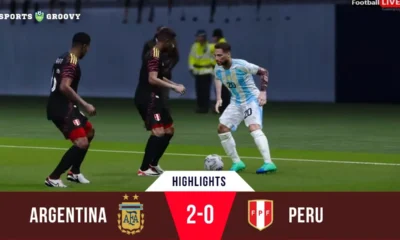
 Soccer6 months ago
Soccer6 months agoArgentina vs Peru 2-0 Highlights & All Goals Copa America 2024
-
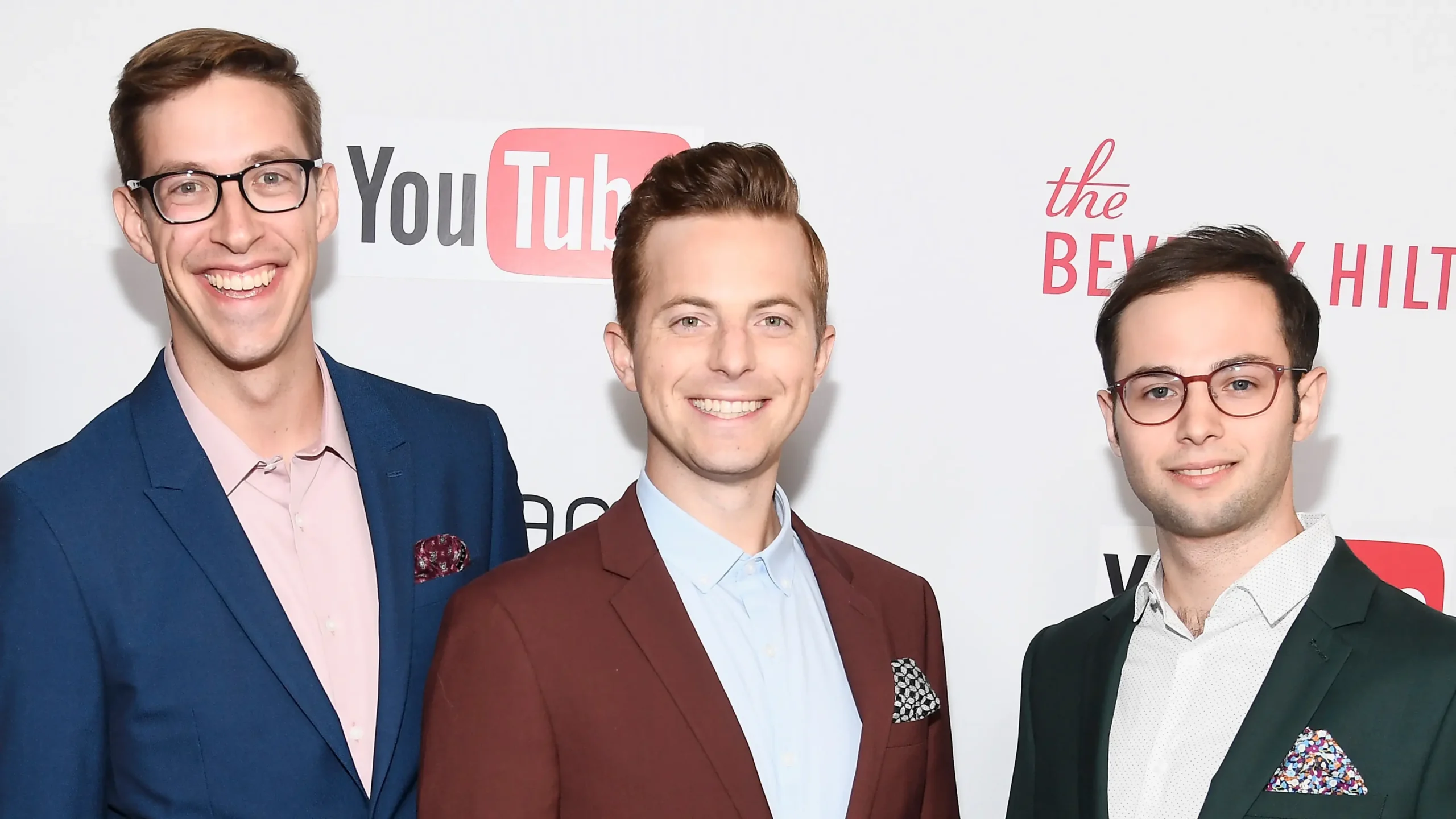
 Entertainment7 months ago
Entertainment7 months agoThe Try Guys’ Journey From Four to Two
-

 NBA6 months ago
NBA6 months agoCelebrate with the Boston Celtics: Parade and Traffic Updates
-
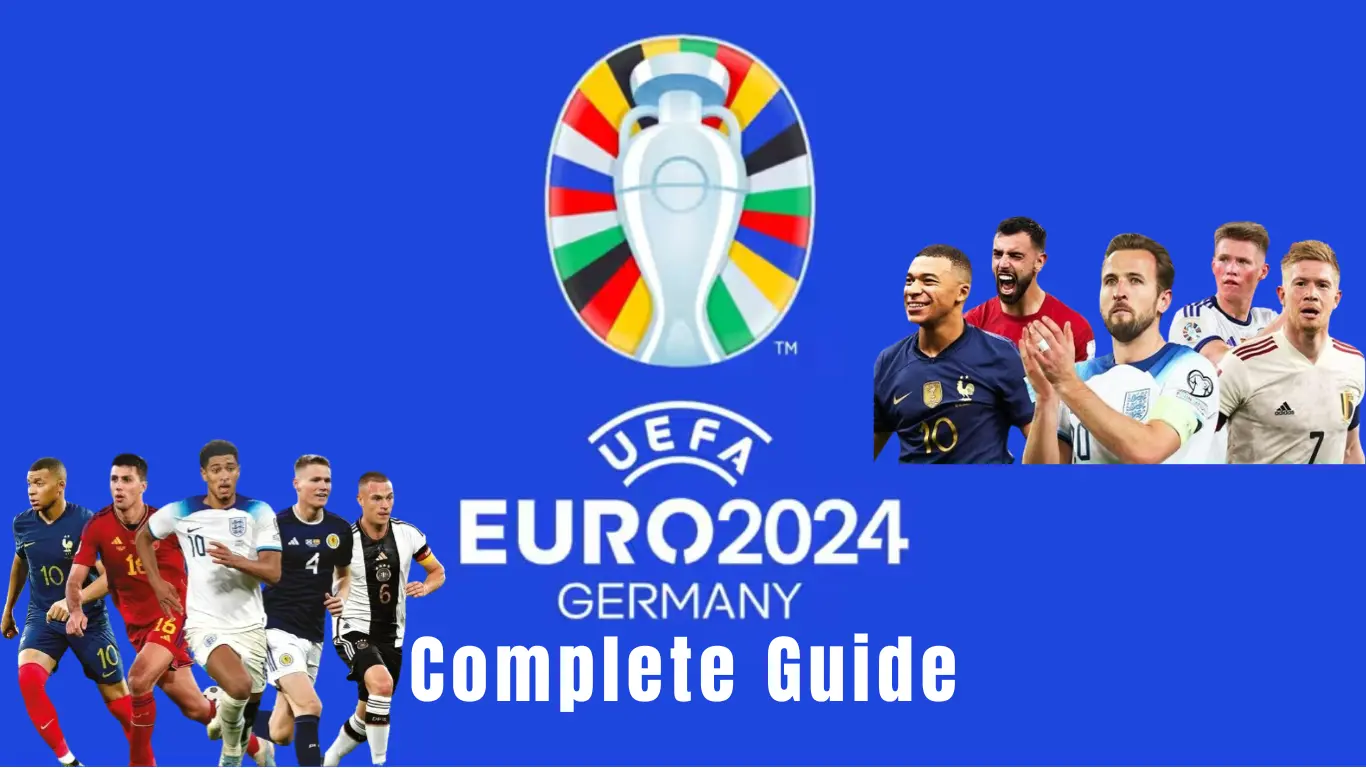
 Soccer6 months ago
Soccer6 months agoUEFA EURO 2024: Essential Guide and Key Information
-
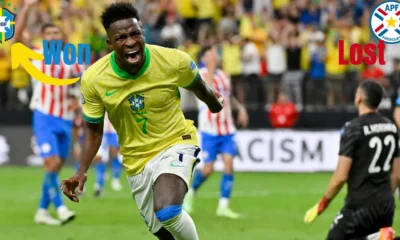
 Soccer6 months ago
Soccer6 months agoVinicius Jr Scores Two Goals in Brazil’s Win Vs Paraguay in Copa America 2024


